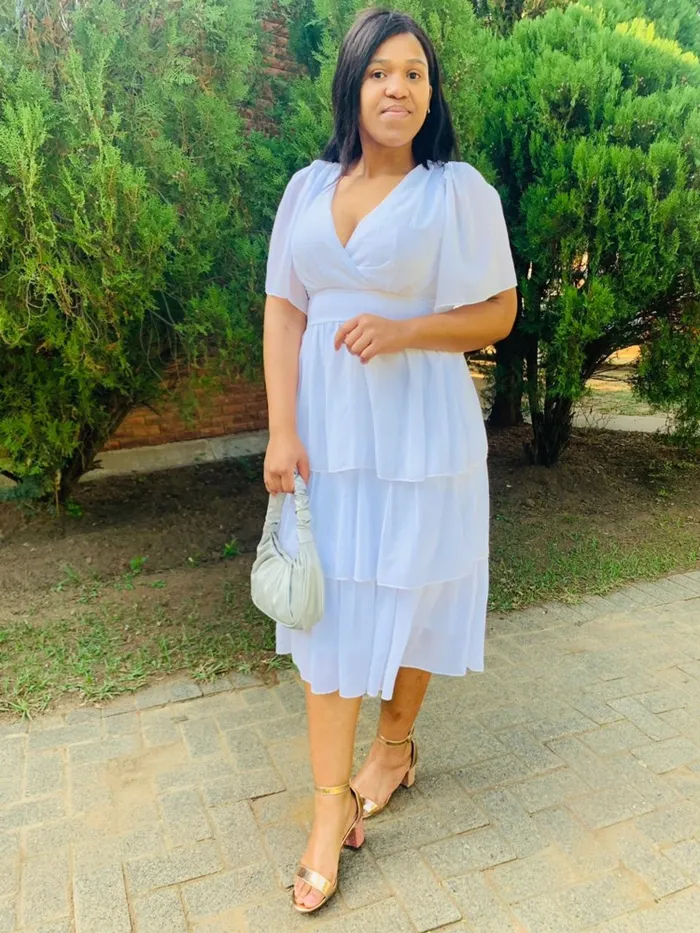Drop-out donors risk patients’ lives

Londeka Mdletshe is living with Acute Myeloid Leukaemia.
Durban — More than half of registered stem cell donors get cold feet and drop out when they are told they are a match for a person fighting for life.
DKMS Africa, an international non-profit organisation dedicated to the fight against blood cancer, said while more than 30 000 South Africans were registered as stem cell donors in 2023 – a 43% increase year-on-year – more than half of all matched donors changed their minds when they received that call.
DKMS community engagement and communications head Palesa Mokomele said that unlike other medical donations, such as blood which took place immediately, stem cell donation was a multi-stage process, meaning those who had registered may be contacted weeks, months or even years after they signed up if found to be a possible match for a patient.
“The uncertainty around whether and when they will be called on to donate, therefore, impacts donor availability,” she said.
Mokomele said they would be requested to undergo confirmatory typing to determine whether they are the best match for the patient and healthy enough to donate. It was usually at this point that they decide whether or not to proceed.
“Finding a matching stem cell donor is already like searching for a needle in a haystack, so when they choose not to follow through, it further delays the process of locating suitable donors while also increasing waiting times for transplants – putting patient survival at risk,” she said.
Mokomele encouraged those who had registered to update their donor profile regularly to reflect their current health status and availability. She said although it could take some time between registering and being told they were a match, it was worth the wait.
Londeka Mdletshe, 26, from Hammarsdale, KwaZulu-Natal, said living with acute myeloid leukaemia had brought on many challenges since her diagnosis in June 2023. These included adjustments in her position at work to accommodate her illness, heavy medical expenses and not being able to play the sport she loved, netball.
Mdletshe said stem cell donor attrition was very hurtful to her as a cancer patient.
“It really hurts because some people do not understand the extent of how much we need these donations. In the same breath, it could be due to a lack of education about the process, religious beliefs or other reasons,” she said.
Mdletshe said she wished more could be done to encourage donations.
“There needs to be more education around stem cell donation so that more people will donate. Living with this illness is very difficult, especially when doctors tell you it might return if you do not get a donor soon,” she said.
Mdletshe said it was difficult to plan ahead for her 6-year-old daughter because she did not know what the future held.
“I cannot even make future plans for my child or myself because I might die any day. I do not know if I will be alive in the next five years or not,” she said.
Mdletshe said her daughter kept her fighting for her life.
“I encourage people to do the necessary tests and become stem cell donors. They should not be afraid to assist. You never know – you might help me now, and I might be of assistance to you some day in the future,” said Mdletshe.
Independent on Saturday
Related Topics: